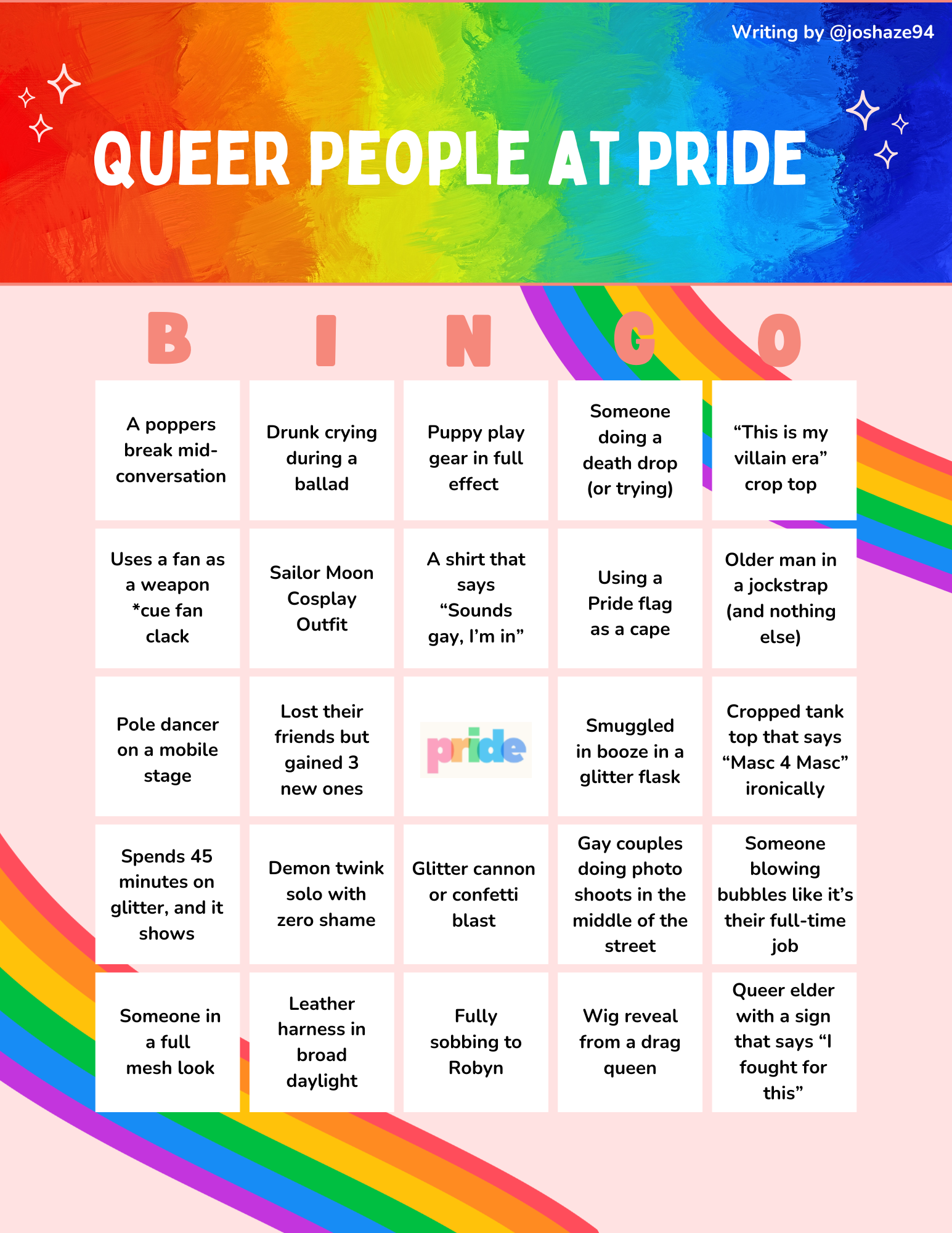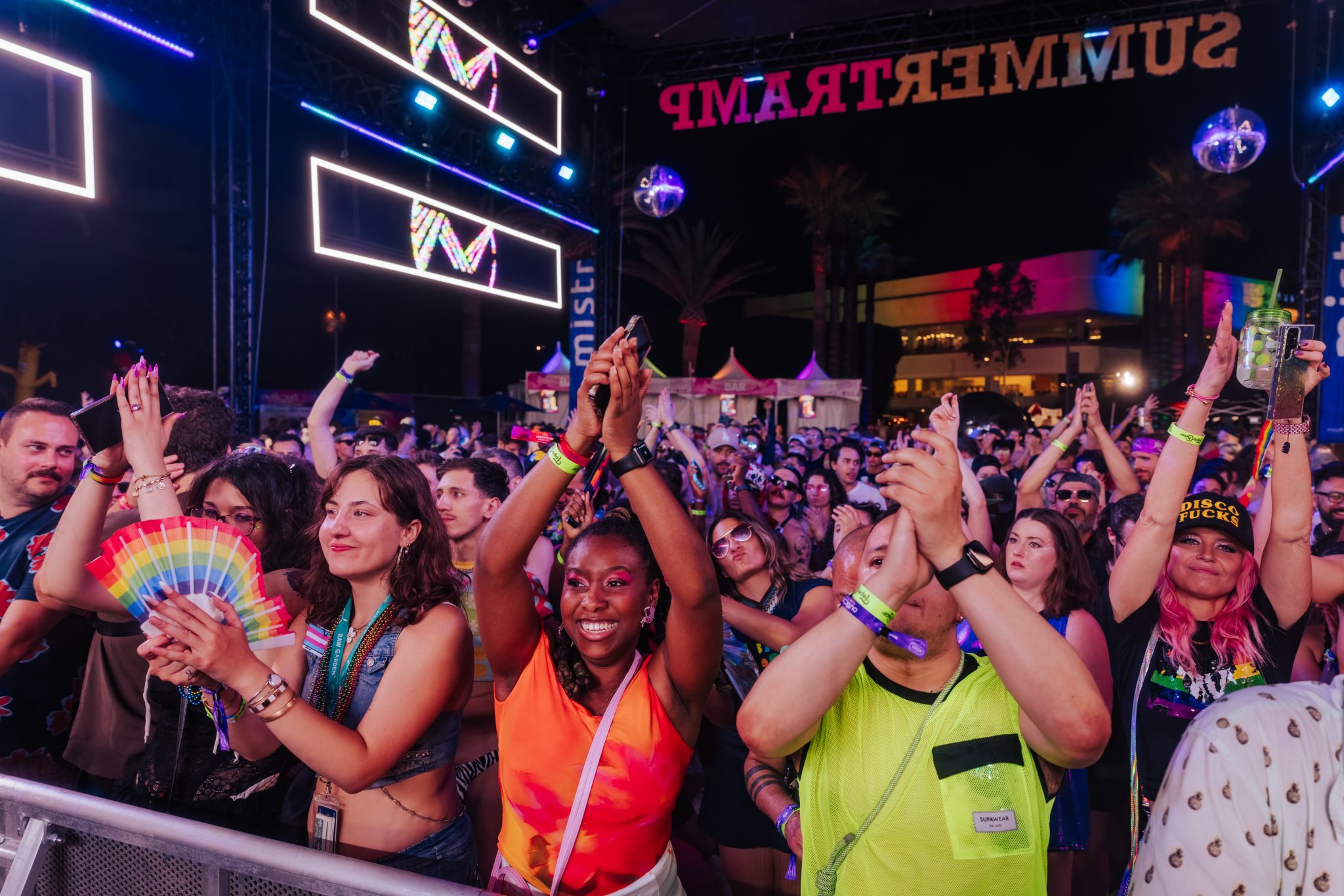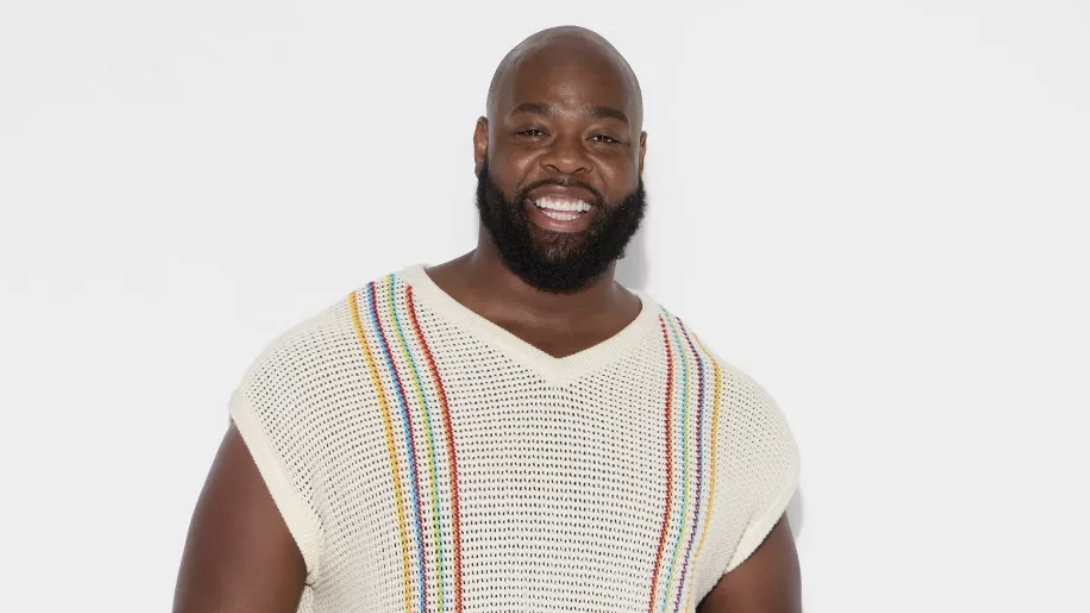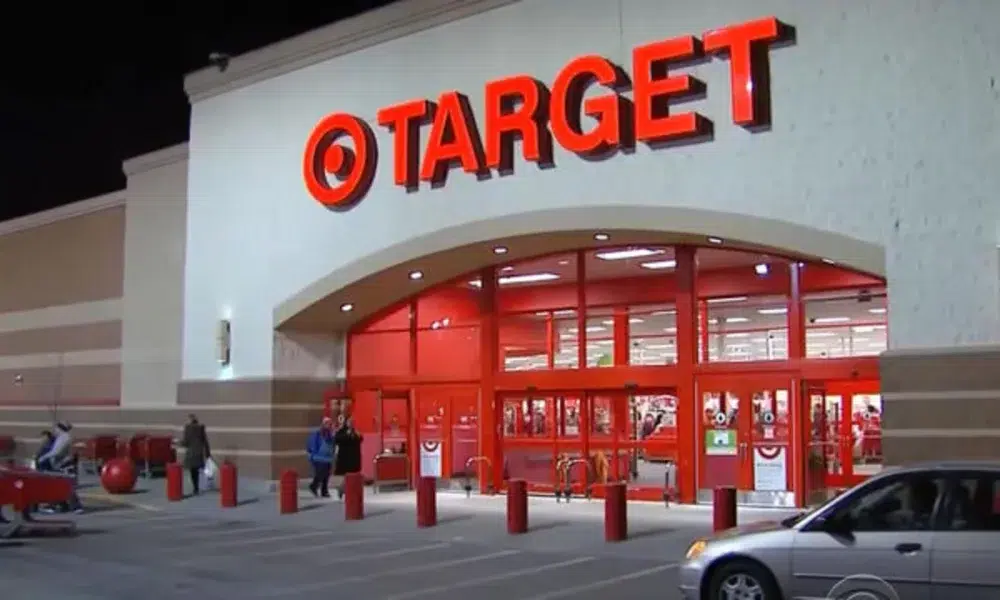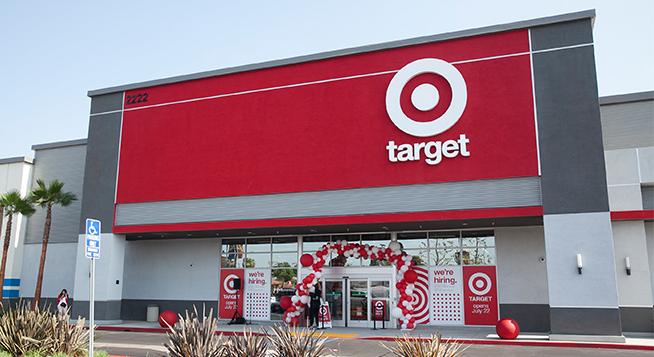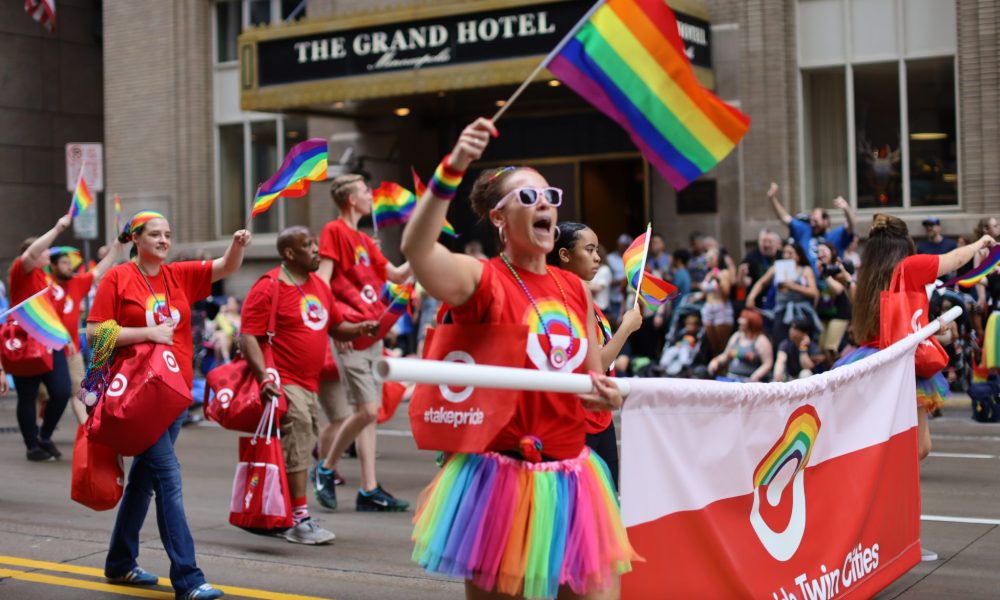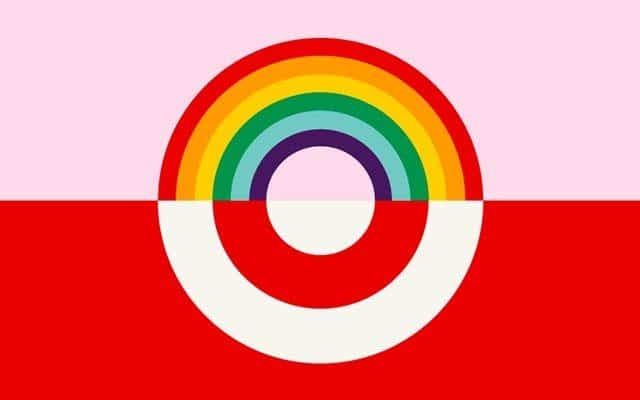Several U.S. retailers that publicly scaled back their diversity, equity, and inclusion (DEI) programs — including Target, Amazon, and Tractor Supply — continue to support certain DEI initiatives behind the scenes, raising questions about the tension between public and private commitments to diversity.
Although companies like Target and Amazon have ended or restructured certain DEI programs on paper, many have assured advocacy groups and individuals that they will continue funding LGBTQ+ Pride and racial justice events, as well as supporting internal resource groups for underrepresented employees. This contradiction between public statements made to investors and private conversations with advocacy groups reveals the delicate balancing act companies are attempting to perform amid growing political and legal pressures.
“Companies are trying to thread the needle — stay true to corporate values, satisfy various stakeholders, but reduce legal risk,” said Jason C. Schwartz, an employment law partner at Gibson Dunn who advises corporate clients on DEI issues. “It’s a challenging time for companies trying to maintain a strong commitment to DEI while navigating the current political climate.”
Tractor Supply, a retailer that sells home and garden supplies, made headlines earlier this year when it ended a DEI program focused on increasing representation of people of color in management and enhancing support for Black education initiatives. The company also stopped collecting diversity data for the Human Rights Campaign‘s Corporate Equality Index, which evaluates businesses on their treatment of LGBTQ+ employees and customers. A spokesperson for Tractor Supply said the company had made a “purposeful decision” to remove what it considered “perceived political and social agendas” from its operations.
However, Keayana Robinson, the contractor who led the company’s diversity data collection, said Tractor Supply offered to keep her on in a new, undefined role related to DEI. Robinson added that management assured her the company’s internal diversity initiatives, including support for resource groups for underrepresented employees, would continue. Robinson, however, declined the offer, saying she did not want to work for a company that “wants to hide me.”
Target also announced in January that it would no longer participate in the Human Rights Campaign’s Corporate Equality Index and eliminated a DEI program aimed at increasing the number of Black employees by 20% over three years. A spokesperson for Target emphasized the company’s shift in focus, stating that its new approach was geared toward increasing relevance with U.S. consumers and attracting top talent.
Despite these changes, Target’s commitment to diversity remains a topic of concern for some advocates. Sharon Smith-Akinsanya, CEO of Rae Mackenzie Group, met with Target executives after the company scaled back its DEI efforts. Smith-Akinsanya, who organizes career events for people of color in Minnesota, said she was reassured by Target’s leadership but noted that the company’s actions were still troubling.
“Target’s DNA remains intact, and I believe in their commitment to diversity,” Smith-Akinsanya said, adding that she understands the political challenges faced by companies in today’s climate.
However, some advocacy groups are taking a firmer stance. Andi Otto, executive director of Twin Cities Pride, said the organization declined a $50,000 sponsorship from Target this year after nearly two decades of partnership. Otto cited concerns over Target’s retreat from DEI programs and the removal of some Pride Month products in 2023. “Target can’t have it both ways,” Otto said, referring to the company’s public reassurances coupled with its policy changes.
Similarly, Sheletta Brundidge, a Black business leader, dropped Amazon as a sponsor of her annual Black Entrepreneurs Day after learning about the company’s rollbacks in DEI programs. Brundidge recounted a phone call in which Amazon representatives attempted to downplay the changes, but she remained firm in her decision to sever ties.
Despite these controversies, some companies are sticking to their DEI commitments, even in the face of legal and political pressures. In February, investors at Apple voted against a proposal to curtail DEI efforts during the company’s shareholder meeting. A day later, former President Donald Trump criticized Apple for its DEI policies on social media. Although Apple did not respond directly to the comments, the company has maintained that it is committed to fostering a culture of inclusion, belonging, and collaboration.
Costco Wholesale also faced a challenge in January when its shareholders voted against a proposal to limit DEI initiatives. Following this, 19 Republican state attorneys general demanded that Costco clarify its stance on DEI policies. The company has not publicly responded to requests for comment.
The list of companies pulling back from DEI programs has grown in recent months, with notable names including Walmart, PepsiCo, McDonald’s, and John Deere. Some of these companies have confirmed changes to their DEI strategies, while others have yet to provide detailed responses.
Lawyers suggest that companies are navigating a complex landscape, considering both legal and political risks when deciding which DEI programs to retain. “Companies are essentially picking their battles,” said Schwartz. “They’re trying to avoid battles altogether while trying to maintain their core values.”
As these retailers walk a fine line between public and private commitments, the future of DEI programs in the corporate world remains uncertain. While some companies continue to support diversity initiatives quietly, others face growing pressure from both advocates and political figures to either fully embrace or scale back their DEI efforts.
